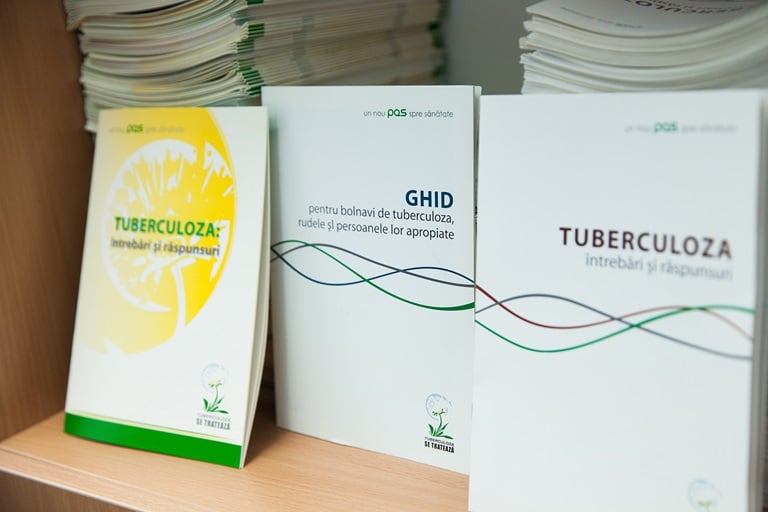Strengthening intersectoral collaboration for the prevention of violence against children. Meeting report (2020)
.tmb-479v.png?sfvrsn=9d505242_1)
Overview
Publications
This report marks twenty years since the European Union (EU) signed the WHO Framework Convention on Tobacco Control (WHO FCTC) and reflects on the EU’s...
Water, sanitation and hygiene (WASH) services, including waste management and environmental cleaning, are fundamental to quality care, infection prevention...
Legionella infections represent a significant health burden in the pan-European region; in many countries it is considered among the most important waterborne...
Unhealthy bodyweight in children affects physical and mental health, school performance and quality of life, while also raising the risk of obesity and...
.tmb-479v.png?sfvrsn=9d505242_1)
WHO Regional publications - other Regions
